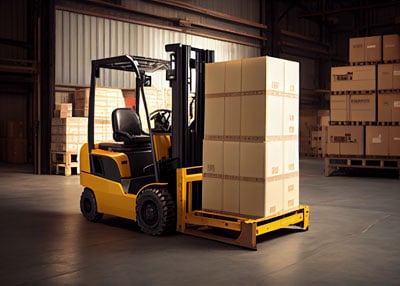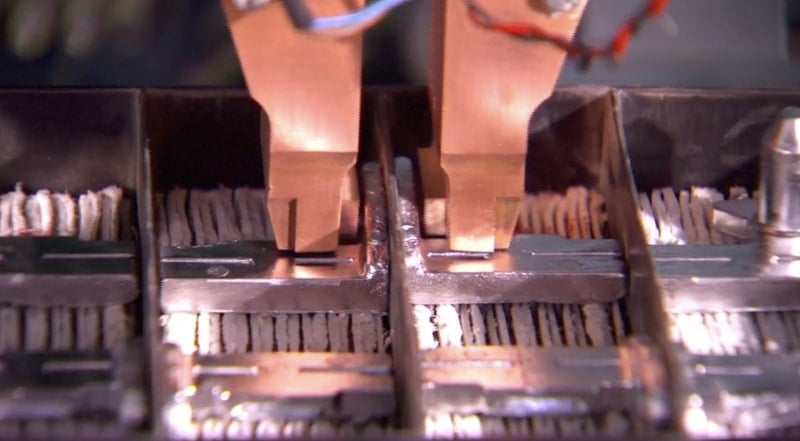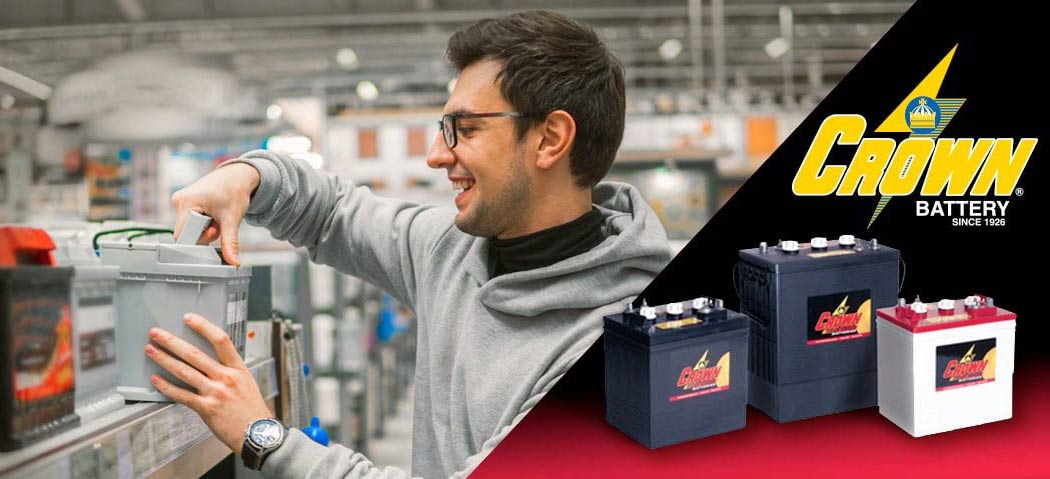To get the best answers, we turned to leading battery system installers -- including a renewable energy expert, who’s designed or installed more than 10,000 systems! Keep reading to find out their tips and tricks to longer battery life.
When it comes to the life of your battery, you might not think there's much you can do that will make a difference. It might seem like some batteries just last longer than others, but that's not true. Many energy experts and top installers know the secrets to extending a battery's life and improving overall performance. We're here today to share their two essential tips, so everyone can benefit.
1. Consider Battery alternatives
This may be shocking for renewable energy clients who are looking for off-grid or grid-tied backup system solutions. The first thing you want to consider is reducing your electrical requirements. The reason for this is every Watt-hour of usage you can safely reduce has a ripple effect on savings. It also it allows you to select smaller-sized solar panels, wind turbines, inverters, and batteries, which ensures greater safety margins for energy storage.
2. selecting The right battery is essential
Lead-acid batteries have proven to be quite proficient, when it comes to renewable energy applications. At 99 percent recyclable, they provide the highest ROI and recyclability, according to the US EPA. Additionally, lead-acid batteries have a history and reputation of being safer to use, which is one of the reasons they stand out from other battery options.
To read John Connell’s full article, "Secrets of 24-Year-Old Lead-Acid Batteries", click on the link. In his article you will discover:
-
- Simple strategies to reduce energy requirements
- Proven steps to select the right batteries for your system (no matter the brand)
- How to get the right-sized batteries
- Uncommon installation "tricks" of top installers
- Storage strategies to get extra years of battery life
- Maintenance made easy
3. Prevent battery SULFATION
Sulfation occurs when a battery is deprived of a full charge, it builds up and remains on battery plates. When too much sulfation occurs, it can impede the chemical to electrical conversion and greatly impact battery performance.
Sulfation is the number one reason you should not store your battery with an empty charge. When a battery is empty, white sulphuric crystals appear on the lead plates and will prevent the battery from holding a charge. Once sulfation of the lead plates has occurred, reversing the effects is highly unlikely. So it is critical to take care of your batteries from the start.
4. Avoid EXTREME TEMPERATURES
Although AGM batteries do better in extreme temperatures than Flooded batteries, very high and low temperatures can damage batteries. Because of the loose liquid in a Flooded battery, temperatures extremes can, especially if prolonged, shorten the life of a battery by freezing or evaporating that liquid.
They key to a longer and more useful life for a battery isn't just one thing, but rather multiple. Understanding how batteries work is essential for battery maintenance and making sure you have selected the right power source for the job.











